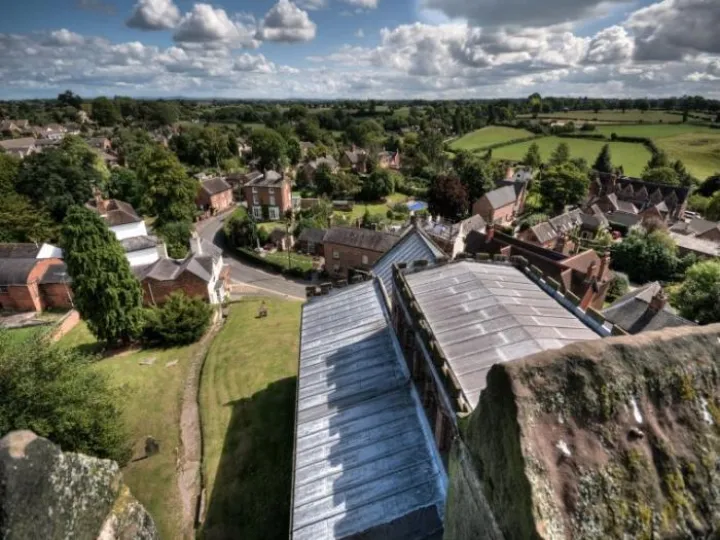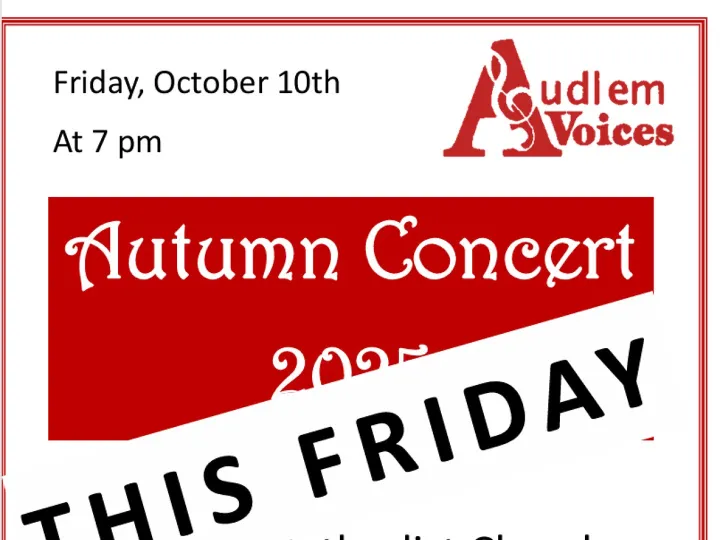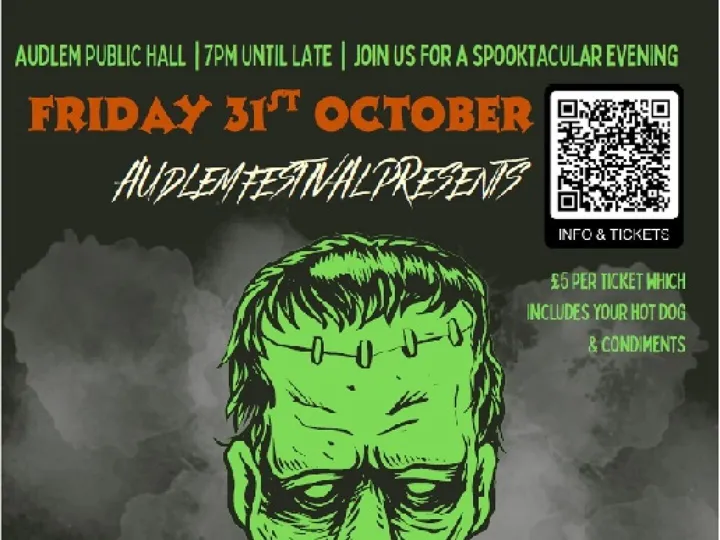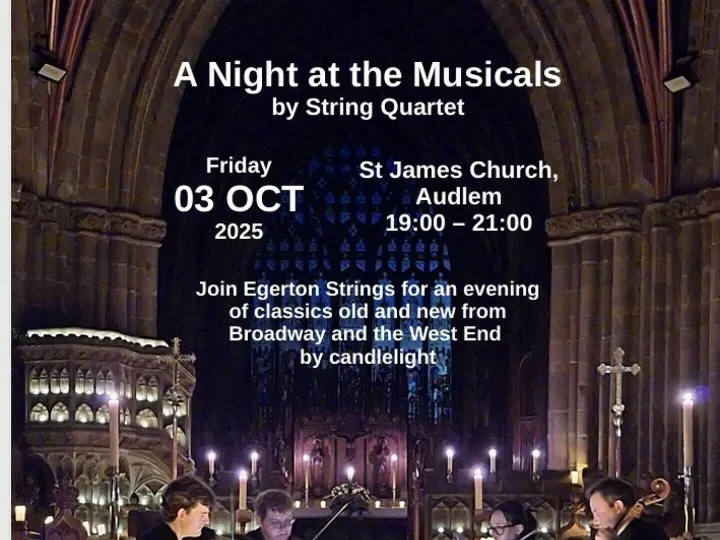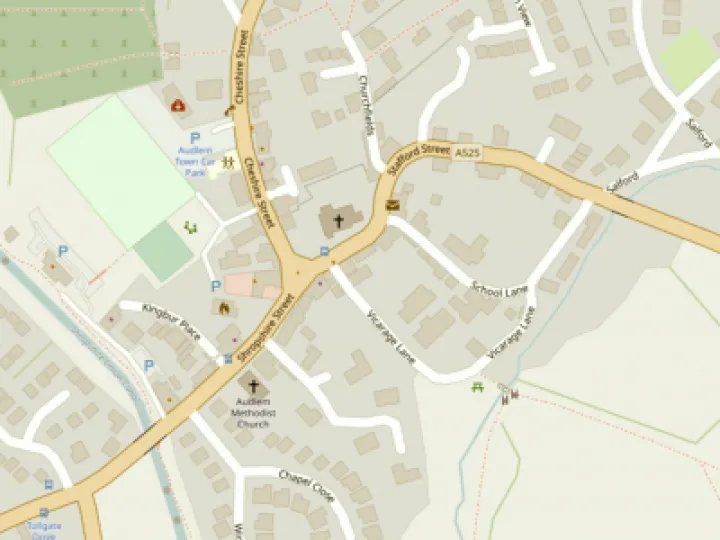Local Craftsman wins national awards
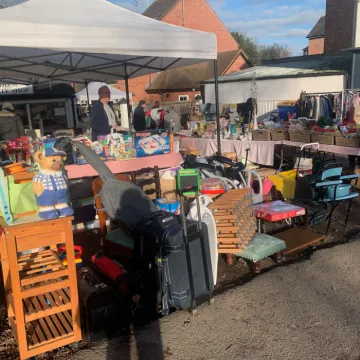
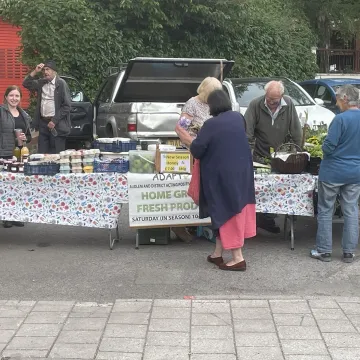




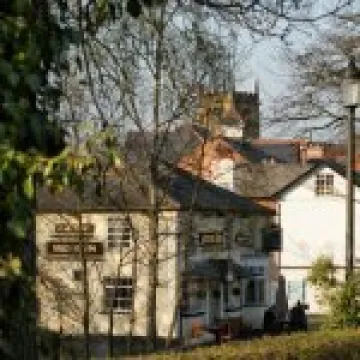
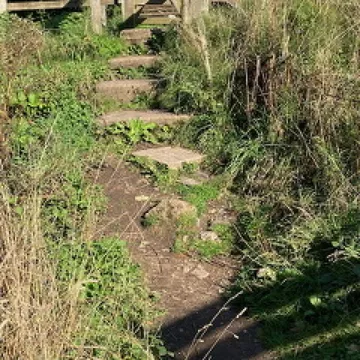
Local Craftsman, Joseph Bloor wins awards in national competitions.
Joseph Bloor has won a prestigious award from The Worshipful Company of Turners for their themed competition commemorating the 350 Year Anniversary of The Great Fire of London. His piece, which won 3rd prize, was exhibited at Carpenters Hall and sold at the Wizardry in Wood exhibition in London in October.
Entitled 'Burnt Bakers Pudding Bowl', the piece was made from lime wood and turned on a foot powered lathe (or pole lathe). It was burnt on the outside and sanded smooth on the inside. Joseph describes the artistic intention behind the piece as 'it could be seen as a fictional, but historical item that had been placed too close to the ovens at the renowned bakery on Pudding Lane, and having caught fire could have caused but been rescued from the flames of the great fire, an imaginary but treasured memento'.
In another competition run by The Institute of Making and The Worshipful Company of Cutlers, a set of four hand carved Hazel eating spoons was selected for an exhibition of twenty designers work for innovative tools and devices for eating, held at The Cutlers Hall during the Open House London in September. The judges were impressed by the complex shape and flowing curves and the skill involved in making a matching set of pieces entirely by hand using an axe and knives.
Joseph grew up on Kinsey Heath, and attended Buerton Primary School, Brine Leas High School and Malbank VI Form College, before studying Architecture at the University of Edinburgh. He has spent the last 16 years living in London, but has recently moved back to the Audlem area with his wife (Bee).
He discovered a love and talent for making things from wood in 2006, and has developed his skills as a wood craftsman and woodsman since then. He uses locally sourced timber, traditional hand tools, heritage craft techniques and human power to make a range of work, from spoons, cups and bowls to stools, benches, tables and other bespoke commissions.
"The wood I use is generally worked 'green' (unseasoned) from native deciduous species. This type of wood working has a long history and traditions in many countries around the world. In the U.K coppice workers and turners (particularly of chair legs and spindles) would work in the woodlands, felling trees, processing them and making finished items that were then transported to local markets. This reduces the need to transport bulk material.
"Freshly felled timber is easier to work using hand tools as it has a higher moisture content and I can make use of the trees trunk and the branch wood that might ordinarily be chipped, left as brash or burnt. I use a range of species for different projects, including Oak, Ash, Sycamore, Beech, Birch, Cherry and other fruit woods, each type of wood has specific characteristics that make it suitable for different purposes, and the natural variations in wood grain make every piece unique."
Many traditional crafts are currently experiencing something of a renaissance. With an increase in the number of people wanting to own and appreciate something that is unique, hand made and produced in a sustainable way. and that will enrich their lives whenever they use it.
Alongside making his own work, Joseph has a great deal of experience in teaching others these traditional skills.
Joseph adds: "For the last seven years I have worked as one of the main co-ordinators and tutors at a community led green wood working project called London Green Wood, based in an outdoor workshop in Abney Park Cemetery in Stoke Newington, Hackney.
"It is a unique 32 acre Urban Woodland, a Local Nature Reserve and Site of Metropolitan Importance for Nature Conservation, and has significance for both its Natural and Cultural Heritage, and for a very active social and community spirit. It was an honor to work in such a magical place that provided an oasis of peace and tranquility in the middle of the city, and whilst I am happy to have 'escaped', and come back to live where I grew up, it is probably the people there and the place itself that I miss the most."
In 2015 the London Green Wood group was selected as one of fifty pilot projects across the country for the 'Making Local Woodlands Work' programme run by The Plunkett Foundation to support Woodland Social Enterprises.
"Through my work I have taught a diverse range of people, from home schooled children, to retired joiners (and many in between). The courses included one day spoon carving, four day introduction to green wood working, as well as stool making courses, equipment building, woodland management and coppicing.
"Many of these creative and practical skills have been largely lost or excluded from the mainstream curriculum, but should be considered an essential part of a broad and balanced education.
"I have first-hand experience of and have witnessed the positive benefits of practising and learning crafts. Working outside within nature can improve both physical and mental health, increase self-confidence and helps to develop a deeper appreciation of the natural world, and woodlands in particular."
In May 2016 Joseph was one of two finalists in The Heritage Craft Association: Craft Volunteer Awards, in recognition of his work at Abney Park running open workshop sessions every Thursday.
Joseph and Bee are moving to Norton in Hales. Just over the hill (and the county line) from Kinsey Heath and Joseph will be setting up his workshop for making items and teaching.
"In London a lot of the wood that we used came from tree surgeons working in local Parks, Gardens or on Street Trees. They would be happy to drop off a truck load of freshly cut logs as they would otherwise have to pay for green waste charges. Cheshire is reportedly one of the least wooded counties in the country, and In rural areas there is more demand for timber that is used for firewood and wood burning stoves"
"I am currently developing a new network of local woodland contacts, in order to provide a regular source of timber to use for making and I would be interested in hearing from anyone who owns either woodland or coppices that are currently unmanaged, or under managed, or people with trees that are being felled by tree surgeons."
Do click on any of the images to enlarge.
Further information and images of Joseph's work can be found at the following websites:
www.thewoodage.wordpress.com
www.aspoonaday.wordpress.com
This article is from our news archive. As a result pictures or videos originally associated with it may have been removed and some of the content may no longer be accurate or relevant.
Get In Touch
AudlemOnline is powered by our active community.
Please send us your news and views using the button below:
Email: editor@audlem.org

